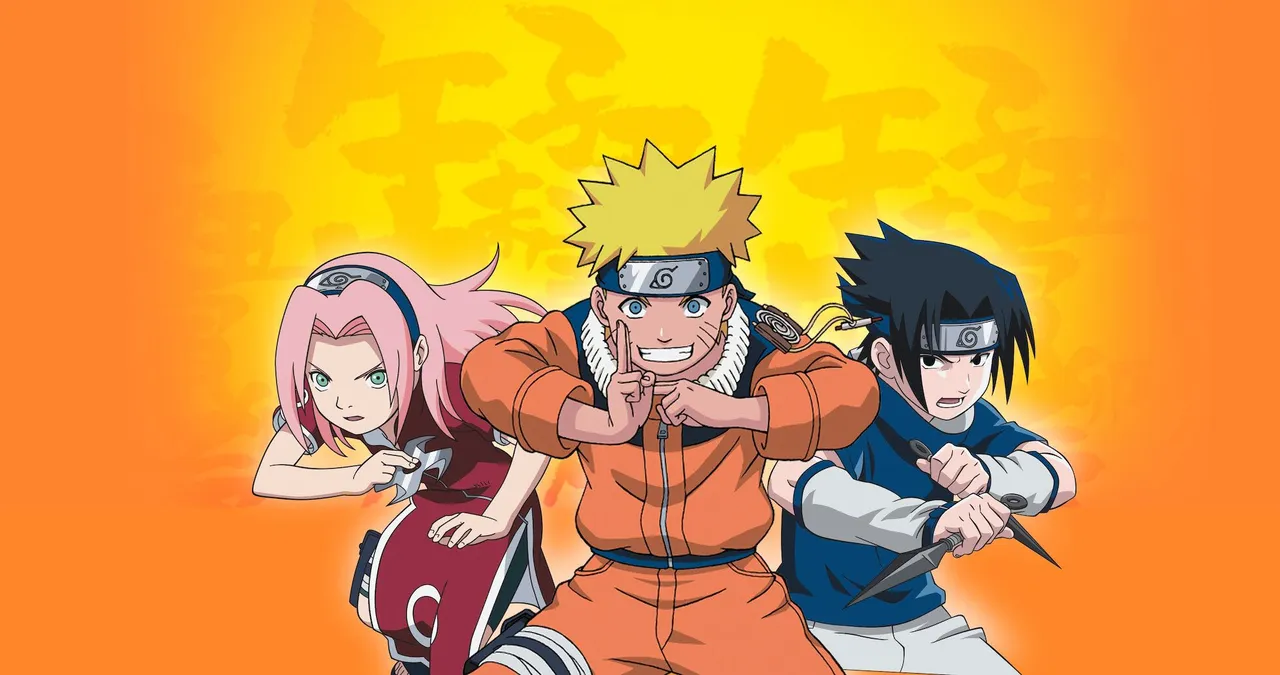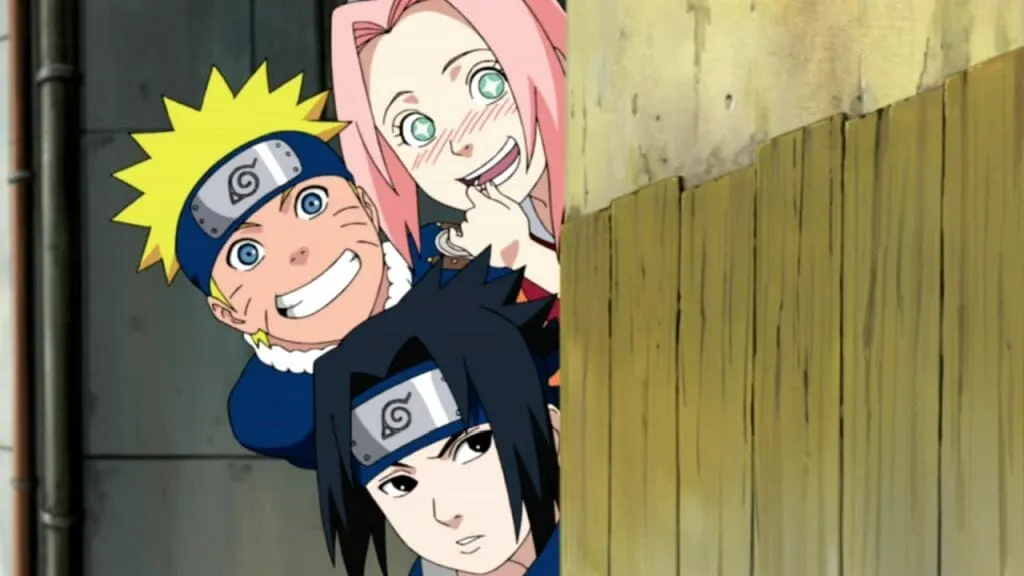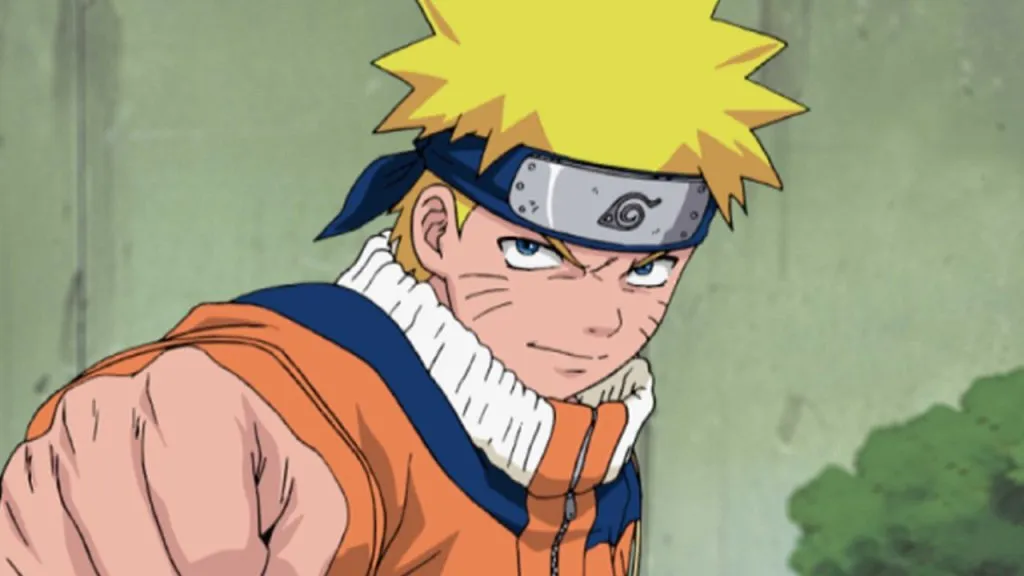
These past few days, I've been revisiting the Naruto anime. Although I had the opportunity to watch it a couple of years ago, I felt it would be interesting to analyze it from a more mature perspective, enjoying its best aspects and recognizing its flaws.
Although I've always been more of a Dragon Ball fan (when it comes to the shonen I grew up with), I find the universe that Mashashi Kishimoto created fascinating, and even from an adult perspective, I still consider it one of the best fictional universes.
And, while the anime is characterized by several very serious structural problems (especially thanks to the filler arcs that plague the last third of the series), I still think it's worth diving into.
Naruto, like many shonen series from the late 90s and early 2000s, can be defined as a deconstruction of Joseph Campbell's hero's journey, a narrative scheme that we've unwittingly seen hundreds of times in film and television.
However, what engages us as viewers isn't so much the protagonist, but rather the main and supporting characters surrounding him, each characterized by a unique personality, a backstory that develops appropriately at some point in the series, and an organic connection to the rest of the characters.
The Hidden Leaf Village and the rest of the ninja world feel like a living place; each location is culturally dense and has rules and customs that are established from the very beginning and only continue to develop as events unfold.
There are interconnected stories of corruption, betrayal, love, and loyalty, gradually revealing themselves to us as viewers and rewarding those who have always been paying attention.
The Sasuke rescue mission, the Chunin Exams, and the mission to the Land of Waves are just a few examples of the most grounded arcs in the entire manga, brilliantly adapted through the anime. The irony of the whole thing is that thanks to the world-building, even the most tedious filler moments are worthwhile, especially if you're curious to learn more about the ninja nation and those supporting characters who may not have received enough attention in the main plots.
Naruto, of course, contains several of the most common flaws of shonen anime. It's often restricted by the manga it adapts, and its use of time isn't always as efficient. However, when it gets its pace right, it's brilliant and manages to captivate us for several episodes without any problems. It's not for nothing that it's currently considered a crucial piece of modern popular culture, even beyond the borders of Japanese lands.

Twitter/Instagram/Letterbox: Alxxssss



